The other day, while watching that insurance commercial where the sophisticated caveman, upset by Geico’s slogan (“So easy a caveman can do it”), reminds modern man that he was the one who walked upright, discovered fire, and invented the wheel, I wanted the caveman to add storytelling to his list of great achievements, and was about to yell my request at the TV screen, but instead I began thinking about the caveman sitting around the fire at night with his comrades, telling the story of the day’s great hunt, and how that telling must have been like a writer’s first draft and would probably be improved upon, embellished no doubt, in later tellings around other fires. In my own caveman fantasies, of course, I am the one who invents the run-on sentence.
We all assume that the second draft will be better than the first, the third draft better than the second, and so on. Anne Lamott, in Bird by Bird, observed that even the best writers produce “shitty” first drafts, thus encouraging all those who are careful to stay upwind of their first draft to jump into a second draft, filled with courage and hope. Writing is rewriting, we are told. Who can argue with that? Ernest Hemingway said that he rewrote the ending to A Farewell to Arms 39 times because he wanted to get the words right. From shitty to sublime in 39 steps.
But what of our caveman friend? If we ride our time machine back to that Paleolithic night, which version of the hunt do we want to hear? If I’m driving the time machine, we’re going back to the first telling, on the same day as the great hunt.
I want to sit at that fire and hear our ancient friend, still hot from the adventure, tell us what happened—beginning, middle, and end—even if his words are at times confused or redundant, his prose overrun a bit by adjectives and adverbs, his ending not revised 39 times.
I’ll accept those imperfections in order to hear the excitement in the caveman’s voice as he tells the story of the new adventure, and to see the fire reflected in his eyes, eyes that have so recently seen great danger and great success. Months, years later, after our friend has retold his story many times, we can revisit him and see how he has refined the telling, tightening the plot and smoothing the prose, embellishing the details of the hunt, employing dramatic pauses to thrill his listeners, wowing them with the 39th version of the ending. Will he still have the energy, the honesty, the truth of that first telling? Maybe. Maybe not.
We ride our time machine back to the present. We pick up a first draft and reread it, then the revisions. Has the rewriting weakened the energy, the honesty, the truth of the first draft? Whatever the answer, it’s a question we need to ask. The first draft may be imperfect, is in fact guaranteed to be imperfect, but the excitement of telling a new story is usually there. We just need to bring that spark with us as we rewrite the story.
Oh yes, the spark. The spark that awaits our discovery and fires our imagination. We could call the writer’s journey The Quest for Fire. Crank up the time machine one more time. This time we journey farther back, to a place where cavemen sit huddled together for warmth and protection on a black night, possessing no fire against the chill, missing one of their own. They hear footsteps in the distance, then closer. In fear they grip their weapons more tightly.
Then they see him. Their missing comrade has returned. They see his face illuminated by the large fiery stick he carries in his right hand. He has captured fire and brought it home. Tonight there will be a great campfire to sit around and an amazing story to hear. First draft. So easy a caveman can do it.
Sunday, July 20, 2008
Subscribe to:
Post Comments (Atom)



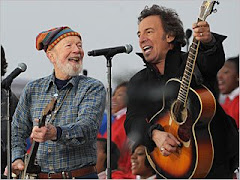

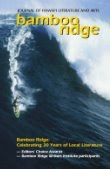
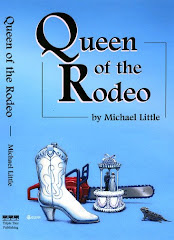


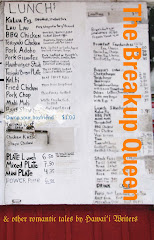
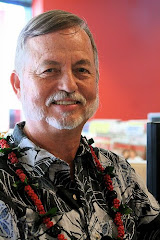
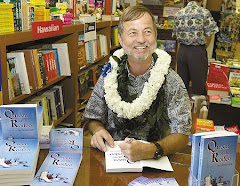

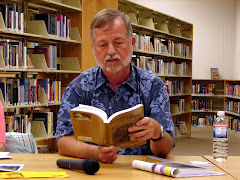
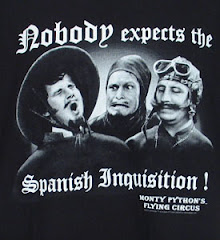
No comments:
Post a Comment